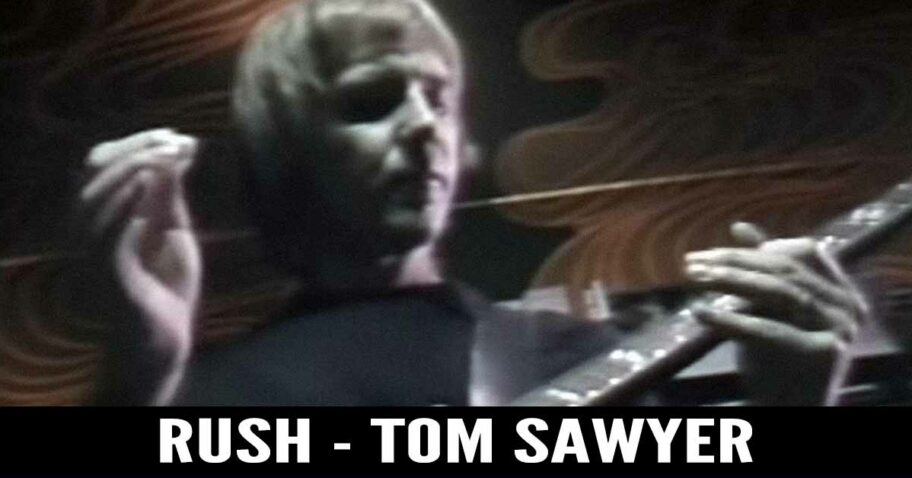Rush
Rush The Rush Group was founded in 1968 in Toronto. In the beginning, it consists of guitarist Alex Lifeson, vocalist and bassist Geddy Lee and drummer John Rutsey. Cream's work.
Journey to Xanadu: Rush Sonic Wonderland In the mystical landscape of progressive rock, the Canadian band Rush has crafted an opulent palace of sound. Their song 'Xanadu', a shining jewel.
Rush's "La Villa Strangiato": A Masterpiece of Prog Rock "La Villa Strangiato" by Rush is a sprawling, epic masterpiece that showcases the band's incredible musicianship and songwriting prowess. From its.
Rush - Time Stand Still: A Captivating Ode to the Passage of Time Rush "Time Stand Still" is a mesmerizing song that captures the fleeting nature of time and how.
Rush The Rush Group was founded in 1968 in Toronto. In the beginning, it consists of guitarist Alex Lifeson, vocalist and bassist Geddy Lee and drummer John Rutsey. Cream's work.
Rush - Time Stand Still: A Captivating Ode to the Passage of Time Rush "Time Stand Still" is a mesmerizing song that captures the fleeting nature of time and how.







